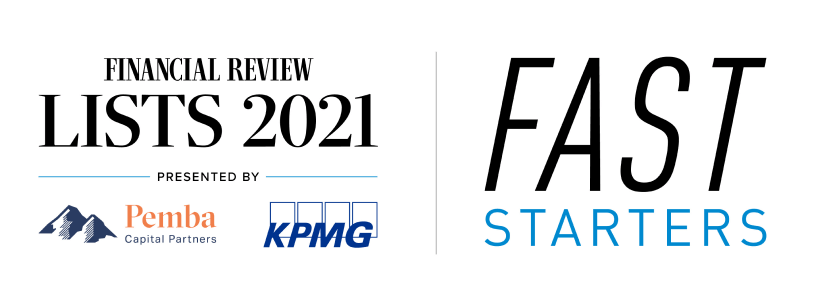Business Loans - Secured vs. Unsecured
Business owners: here’s the difference between secured and unsecured loans.
Getting a business loan is a gateway to expanding your business and gaining momentum in your working environment. Applying for one is simple. But what is the difference between the two types of loans that everyone seems to be discussing - secured and unsecured?
Secured vs Unsecured Loans - What's the difference?
The most important thing to know about a loan is whether it is secured or unsecured. With a secured business loan, financing is secured by a valuable asset that you own (such as accounts receivable, a home or equipment) as collateral. With an unsecured loan, you are not required to provide an asset as collateral.
There are pros and cons to both loan types and knowing which one is right for your business depends on your individual circumstances and business goals. Here is a quick breakdown of the key differences:
| Secured Loans | Unsecured Loans | |
|---|---|---|
| Collateral | Collateral required (see examples of what can be used) | No collateral required |
| Interest rates | Seen as less risky for lenders which means a lower interest rate, usually 2.5% to 13%. | Often higher than a secured loan, usually 7% to 30%. |
| Loan amounts | Higher loan amounts, could range from $750,000 to $50,000,000 | Usually less than $50,000 but can be as high as $750,000 |
| Loan terms | Typically, longer terms, 12 months to up to 30 years | Typically, shorter terms, 3 to 18 months |
| Approval Times | Stricter requirements, usually takes 3 to 4 weeks | Fast application, can be approved in as little as 24 hours |
| How applicants are assessed |
|
|
Best for: |
|
|
| Watch out for: |
|
|
This brings us onto the second difference, the amount you are looking to borrow, will usually determine which type of loan you are able to obtain:
- Unsecured loans of up to $70,000 can be granted to a business director, provided he/she meets the other criteria required to approve the application. The loan is issued and approved based on the creditworthiness of the borrower. If you’re looking to borrow a significant amount of money, it is highly unlikely that your application will be approved if you don’t pledge an asset to secure the loan.
The period of time in which the loan is paid over (often referred to as the loan term), is another difference that can affect your choice in loan type. Here’s why:
- Unsecured loans offer much shorter loan terms due to risk. Terms usually range between 3 and 18 months depending on the business and its credentials.
- Secured loans typically carry much greater terms, with some lenders offering up to 30 years to repay the loan.
Another definitive factor is qualification, the application process which you go through with a lender often varies. As a general rule, most lenders are relatively lenient when it comes to qualifying unsecured loans, however, this is a different (rather long-winded) story when it comes to secured loans.
| Lumi Minimum Requirements | Bank Minimum Requirements |
|---|---|
| Sales records for the last 6 months | Character |
| Australian citizenship or permanent residency | Collateral |
| Business must be Australian-registered | Capacity |
| Capital | |
| Conditions |
If you decide to apply for a secured loan through a bank, you will be faced with a more rigorous application process. The criteria is often stricter, with the funds taking considerably longer to become available in your account.
In conclusion, if you’re looking for a loan that offers more flexibility, in a short period of time, without having to pledge any of your assets as security, then to fill out an application for an unsecured loan is probably your best bet. If you’re looking for a larger sum of money ($70,000 and above), over a long period of time and you don’t have any time constraints, then a secured loan would be recommended.
Lumi Finance offers both secured and unsecured loans. Apply here. Or give one of the Sales representatives a call on 1300 005 864.




